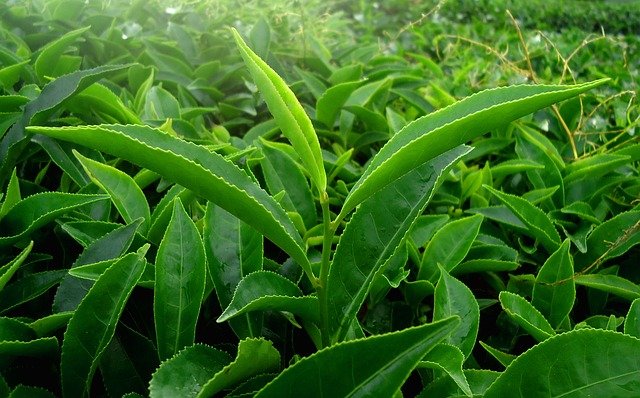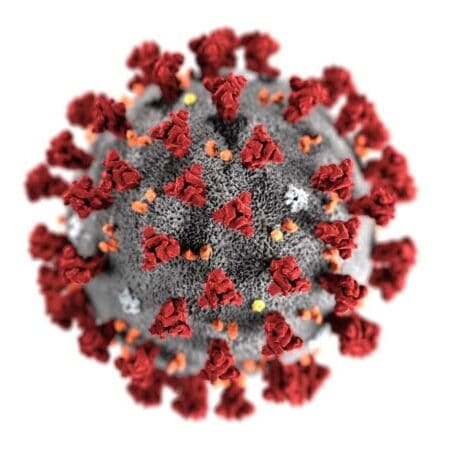Chemical compounds in foods or beverages like green tea, muscadine grapes, and dark chocolate can bind and block the function of a key enzyme, or protease, in the SARS-CoV-2 virus—according to a new study by plant biologists at North Carolina State University.
Novel coronavirus, also known as SARS-CoV-2, has caused immense suffering to the global human community. As of Dec 26, 2020, the virus infected a total of 80,711,457 and caused 1,764,424 death in 218 countries and territories around the world (Worldometer 2020).
Despite taking extensive measures to execute lockdown, travel restrictions—to stop the spread of the disease—the numbers of deaths, numbers of new and active cases are increasing every day.
The therapeutic effectiveness of the recommended drugs such as hydroxychloroquine, chloroquine, and remdesivir, lopinavir and ritonavir, dexamethasone to stop the disease progression, particularly in severe cases, is still not clear.
The global human community is currently eagerly waiting for the vaccines to be rolled out to the common people.
Despite significant progress in developing an effective vaccine, many believe that the coronavirus will stay longer than we think. Also, there is a fair possibility that many more people will remain unvaccinated until a clearer picture of the efficacy and side effects of the vaccines become apparent.

Since restrictions measures, drugs, and to some extent, vaccines are not enough to prevent this contagious disease, what options might be available to control this disease—many researchers wonder.
One strategy is to find chemicals in various plant products such as green tea, grapes, cocoa, etc., and screen them for their inhibitory activity against Mpro—an enzyme that the SARS-CoV-2 virus requires for replication.
Once a successful and effective food component is found, supplementing the component in the regularly consumed processed foods or beverages could be an effective way to combat the disease.
A new study published in the journal Frontiers in Plant Science revealed that few chemicals in plant products like green tea, grapes, and dark chocolate could inhibit the protease in the SARS-CoV-2 virus (Zhu et al. 2020).

In the study, the scientists at North Carolina State University performed both computer simulations and lab studies to show the efficacy of different plant anti-oxidants in inhibiting the activity of so-called “main protease” (Mopar) in the SARS-CoV-2.
Computer simulations showed that the studied chemical compounds, (+)-catechin-3-O-gallate (CAG), (-)-epicatechin-3-O-gallate (ECG), (-)-gallocatechin-3-O-gallate (GCG), (-)-epigallocatechin-3-O-gallate (EGCG), procyanidin A2 (PA2), and procyanidin B2 (PB2) from green tea, two varieties of muscadine grapes, cacao powder and dark chocolate were able to bind to different portions of Mpro.
“Green tea has five tested chemical compounds that bind to different sites in the pocket on Mpro, essentially overwhelming it to inhibit its function,” says De-Yu Xie, professor of plant and microbial biology at NC State and the corresponding author of the study.
“Muscadine grapes contain these inhibitory chemicals in their skins and seeds. Plants use these compounds to protect themselves, so it is not surprising that plant leaves and skins contain these beneficial compounds.” Xie said.



















